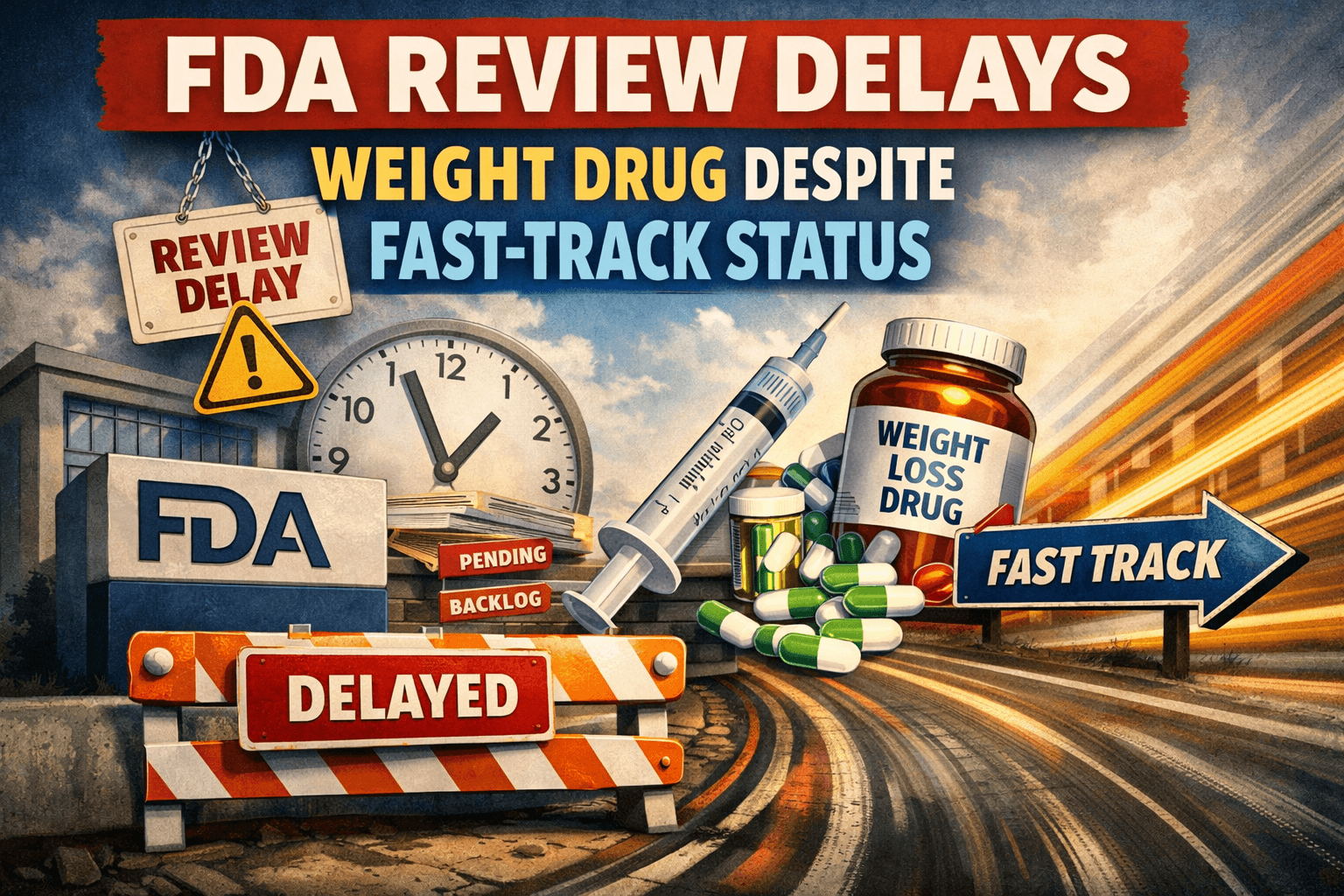Drug Approvals Hit an FDA Wall
Aug 13, 2025
By The Editorial Board, August 13, 2025 | From: The Wall Street Journal
Does Food and Drug Administration Commissioner Marty Makary want to accelerate life-saving drugs as he claims? The agency’s recent torpedoing of an immunotherapy shot for advanced melanoma and slow-rolling a treatment for a rare disease raise big questions.
The FDA’s approval of new drugs has notably slowed this year. Annual novel drug approvals averaged 52 in the first Trump Presidency and 48 under Joe Biden, but there have been only 22 in the first seven months of this year. On current trend that would make 38 for the year.
One concern is that regulators are nixing drugs under the false flag of raising scientific standards. A case in point is Replimune’s melanoma treatment, which the FDA rejected last month. About a third of patients who hadn’t responded to prior immunotherapy showed a strong response to Replimune’s in a clinical trial.
Tumors shrank in nearly all patients, and responses proved durable over three years. Serious side effects were rare. Oncologists who treated patients in the trial hailed the results. Yet the FDA said the trial was “not considered to be an adequate and well-controlled clinical investigation that provides substantial evidence of effectiveness.”
Its quibble is that the trial lacked a control group. Vinay Prasad, the head of the biologics division, has long criticized such single-arm studies that have no placebo groups. He believes medicines should undergo randomized controlled trials that track patients over longer periods to measure overall survival. Never mind if patients die in the interim.
It’s unethical to give patients with an advanced deadly disease a treatment that failed to help them as a placebo. Measuring overall survival would also require drug makers to run bigger trials and over longer periods, delaying access to potentially life-saving therapies.
Replimune executives said they were blind-sided by the FDA rejection and its shifting post-hoc demands. Leading oncologists lambasted the FDA and urged the agency to reconsider. Replimune’s “results are unpredecented,” Vishal Patel, a dermatology oncologist at George Washington University Cancer Center, wrote to Dr. Makary this month.
“Physicians urgently want and need this agent based on the data they have seen,” University of Iowa oncologist Mohammed Milhem wrote in another letter. “Indeed, the precedent set by this rejection is likely to halt many aspects of the science and clinical development required to move agents like this into practice in later line disease.”
“The world looks for leadership from the FDA based on rationality, science and evidence,” wrote Melanoma World Society president Axel Hauschild. Doing a randomized controlled trial, he said, “would be considered as unethical” in his home country of Germany.
We criticized Dr. Prasad, who was appointed by Dr. Makary, for using dubious safety risks in an effort to scuttle a gene therapy for Duchenne muscular dystrophy. After a public backlash, the FDA backed down, and Dr. Prasad resigned. Yet Dr. Makary recently brought him back.
This followed a StatNews story in which anonymous FDA officials sought to pin the blame for the Replimune rejection on Richard Pazdur, the agency’s head of oncology. But Dr. Prasad’s shop was directly responsible for the Replimune review and his career staff had supported approval.
In any case, the buck stops with Dr. Makary. The finger-pointing and his continued support for Dr. Prasad is creating tremendous uncertainty for pharmaceutical developers. If Dr. Makary really wants to make drug approvals for deadly and rare diseases faster and more flexible, he’d send a signal by ordering the FDA to reconsider Replimune’s treatment.
***
He’d also green-light Stealth BioTherapeutics’ treatment for Barth syndrome, which the bureaucracy is strangling. Barth causes a fatal weakening of the heart, muscles and immune system and afflicts about 150 Americans. It’s the sort of rare-disease therapy that Dr. Makary says he wants to bring to market faster.
Stealth applied for approval in January 2024, and an FDA advisory committee last autumn found the drug to be effective. But the agency keeps changing its demands and has deployed one excuse after another to delay approval. The agency recently told Stealth to resubmit its application, which would take at least six months to review.
Stealth CEO Reenie McCarthy says her company might not survive that long. If the company fails, patients that began receiving the medicine in the trial will lose access, and others may never benefit. Parents of children in Stealth’s trial are urging the FDA to approve it. So are Democrats and Republicans in Congress.
“I have lost two boys with Barth syndrome and know firsthand how lethal Barth syndrome is,” Shelley Bowen of South Carolina tells us. Do FDA leaders care? Does Dr. Makary?
Type something …
Search

















